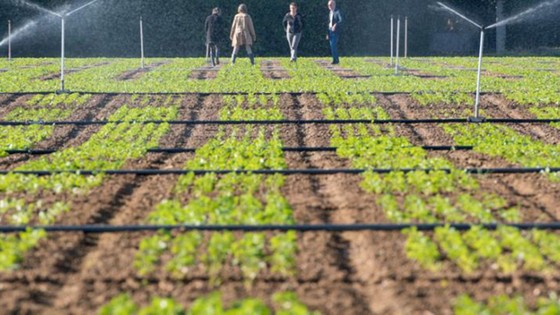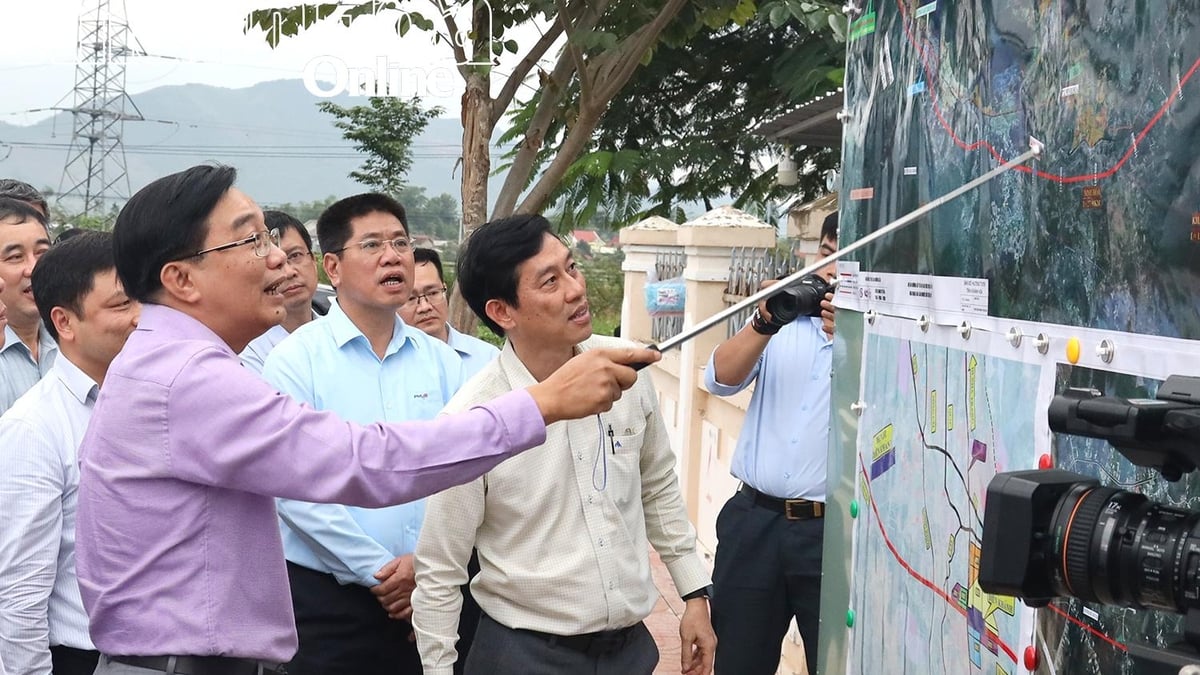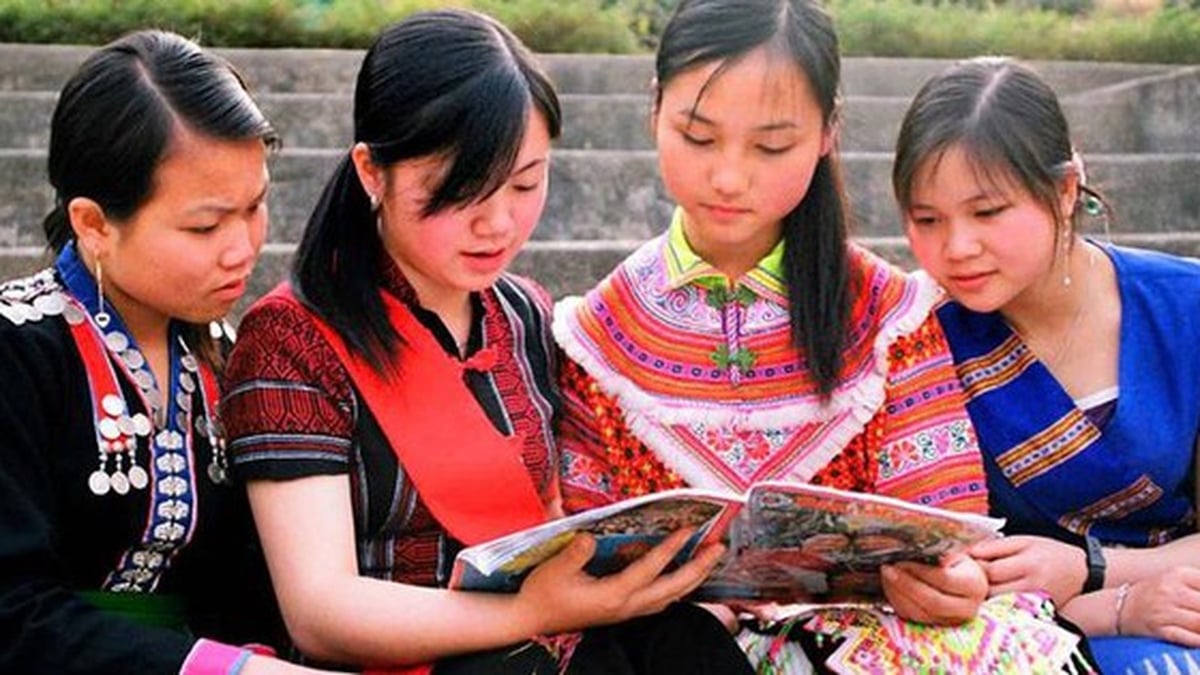SGGP
Changing farming practices to restore nature can also ensure food security. This is what farmers in European countries have been trying to do.
 |
| A rapeseed garden that captures nitrogen in France. Photo: INRAE |
The current food system in Europe may be highly efficient, but it is not sustainable enough as intensive farming practices contribute to biodiversity loss, soil, air and water pollution... For example, farming practices in Normandy, northern France, still contain high levels of chemical pesticides, herbicides and fertilizers.
To change that, French farmer Emmanuel Drique has successfully made the transition from intensive to organic farming . “Traditionally, we plant wheat after flax, but I don’t do that, I plant rapeseed. This is a plant that captures nitrogen in the fall, thereby reducing the use of chemical nitrogen for the following crop,” says Emmanuel Drique. And Charles Hervé-Gruyer, a French farmer and pioneer of permaculture who runs a small organic farm, says that more than 10 scientific research programs have been carried out on his farm. The first major study lasted four years, yielding 55 EUR/ m2 of vegetables planted entirely by hand, 10 times more than organic gardening with a tractor. The fertility of the previously intensively farmed plots increased rapidly, and more land was available for planting trees, digging ponds and raising livestock.
More than half of Europe’s land is in poor condition, which is why a major European law on soil monitoring was proposed this summer. European farming laws are moving towards sustainable food systems, with agricultural policies that focus on the balance of nature being a priority. Bertrand Omon is an agronomist and says that the responsible authorities need to encourage a shift to other models immediately. “If we could start using agroecology globally, that could help us remove a third of what we need to remove from the atmosphere.”
Saara Kankaanrinta and Ilkka Herlin, owners of Qvidja Farm and co-founders of the Nordic Baltic Sea Action Group, work with scientists at the farm to regenerate soils damaged by intensive farming. At the Qvidja pilot farm, many animals help improve the soil structure. “This used to be one of the most polluted seas in the world. That means there is a lot of excess nitrogen and phosphorus in the seawater. If you want to stop runoff from the fields, you need to have the right soil structure. And the best way to regenerate soil structure is to minimize soil disturbance, especially intensive tillage.” Moreover, the more life underground, the less carbon there is in the atmosphere.
Agroecology offers solutions to the major global challenges we face such as food security, climate change, loss of biodiversity and depletion of natural resources. There are a number of agroecology techniques to ensure good levels of production while reducing the use of inputs and conserving both land and water resources. One of these techniques is biological control, which limits the prevalence of diseases and pests by using their natural enemies.
Source


























![[Photo] National Assembly Chairman attends the seminar "Building and operating an international financial center and recommendations for Vietnam"](https://vphoto.vietnam.vn/thumb/1200x675/vietnam/resource/IMAGE/2025/7/28/76393436936e457db31ec84433289f72)









































































Comment (0)